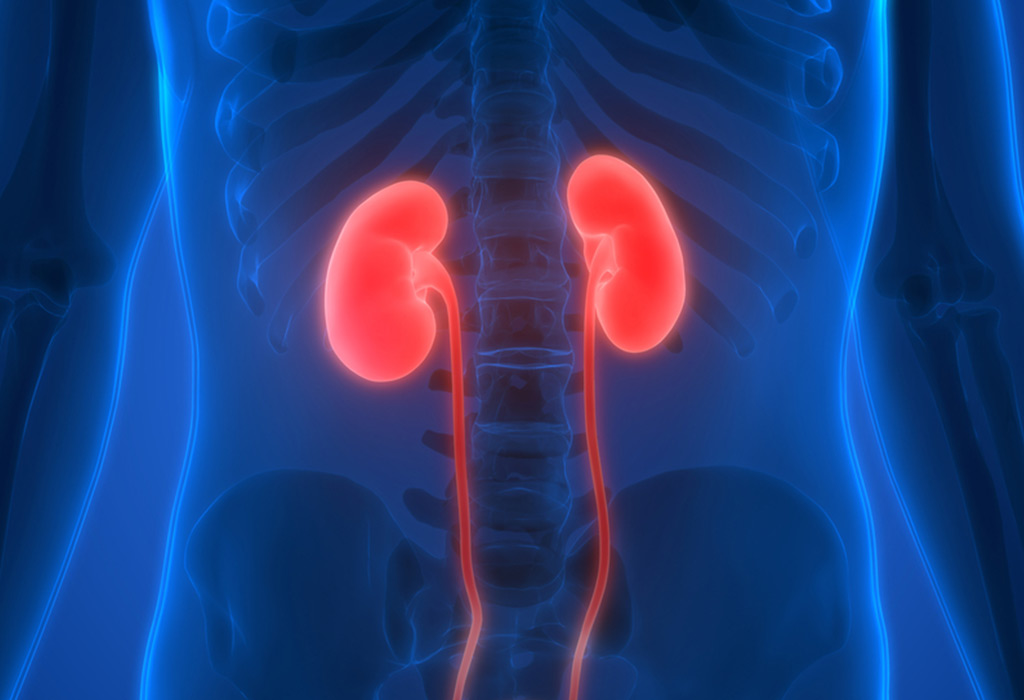The caregivers are responsible for monitoring the physical health of the children. If the child exhibit symptoms such as swelling; the caregivers should consider consulting the nephrologist in Karachi for diagnoses and guidance for treatments.
Table of Contents
What is Childhood Nephrotic Syndrome?
It is a condition in which the child excretes protein through urine caused by the kidney disorder. It indicates kidney damage to glomeruli that is responsible for the filtration of blood. In this condition, the albumin, a protein present in the blood is leaked into the urine.
What are the Types of Childhood Nephrotic Syndrome?
The types of childhood nephrotic syndrome are:
- Primary Childhood Nephrotic Syndrome: It begins and affects only the kidneys.
- Secondary Childhood Nephrotic Syndrome: It is correlated with other organs and can result in complications.
What are the Known Causes of Childhood Nephrotic Syndrome?
The causes of childhood nephrotic syndrome include the role and influence of genetics, or the child might be exposed to a certain infection that might have triggered the disease.
What are the Indications of Childhood Nephrotic Syndrome?
The symptoms include:
- The child experiences swelling in the legs, feet, and arms
- The child has high levels of albumin in the urine
- The child suffers from hypoalbuminemia, in which the levels of albumin are lower in the blood.
- The child experiences fever and is fatigued
- The levels of cholesterol are extremely high
- The child loses the appetite
- The child feels lethargic and irritable most of the time
- The blood pressure is observed to be higher than the usual
Who is At Risk of Developing this Condition?
The children at higher risk of developing the condition include:
- Parents with a history of kidney disease
- Intake of certain medications
- Exposure to bacteria or virus
- Have a pre-existing medical condition that can have an impact on the kidneys
What Tests Assist in the Diagnosis of Childhood Nephrotic Syndrome?
The tests that help in the diagnosis are:
- Blood Test: To check the levels of albumin in the blood
- Urine Test: The urine test help in evaluating the abnormalities in the levels.
- Physical Exam: The swelling on the body helps in determining the functioning of the kidneys
- Ultrasound: It helps to monitor the condition of the kidney
- Kidney Biopsy: The specialist operates and examines a small tissue of the kidney.
What are the Treatments Available for Managing Childhood Nephrotic Syndrome?
Medications That Help in Treating and Managing the Symptoms are:
- Angiotensin: The medication helps in controlling blood pressure.
- Diuretics: The medication helps with the fluid levels in the body and reduces the swelling
- Blood-thinning Medication: It helps to lessen the chances of blood clotting
- Immunosuppressants: It helps reduce inflammation and provides ease.
What Dietary Habits are Beneficial for Children With Nephrotic Syndrome?
It can be challenging for the caregivers to manage the diet of children but is proven beneficial for managing the symptoms. The dietary habits that would bring noticeable change in the child’s health include:
- Reduced intake of sodium in the diet can cause fluctuation in the blood pressure
- Reduce the water and fluid intake
- Low intake of fatty food can increase the cholesterol
If someone notices symptoms in their child that may indicate kidney related issue should visit the nephrologist in Islamabad for diagnoses.


